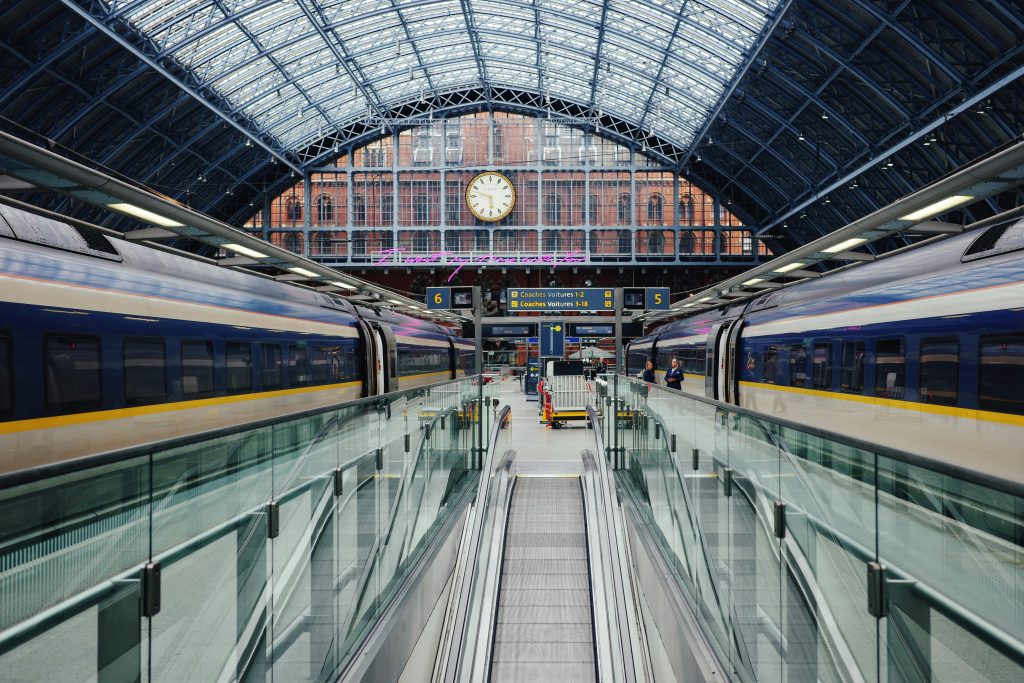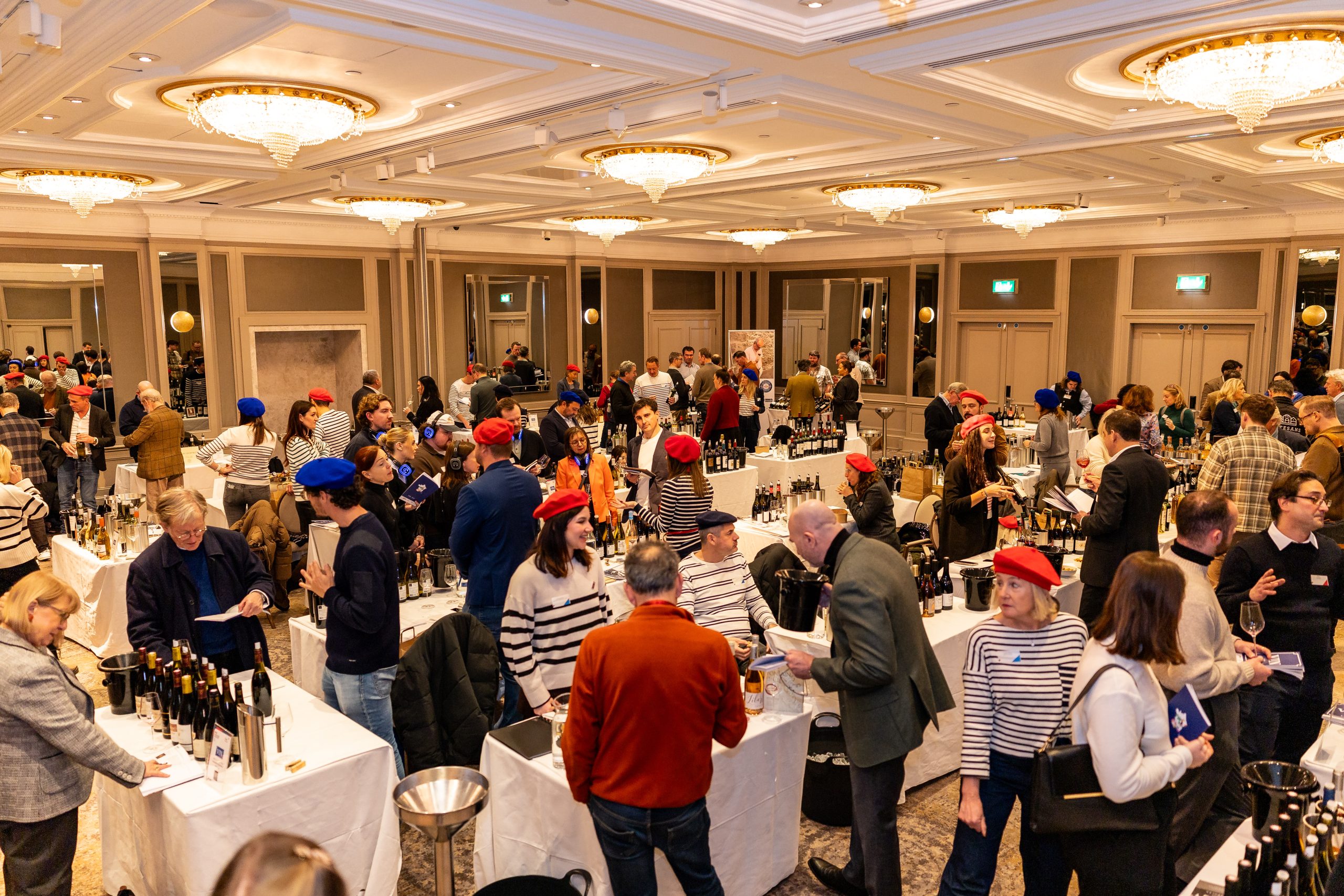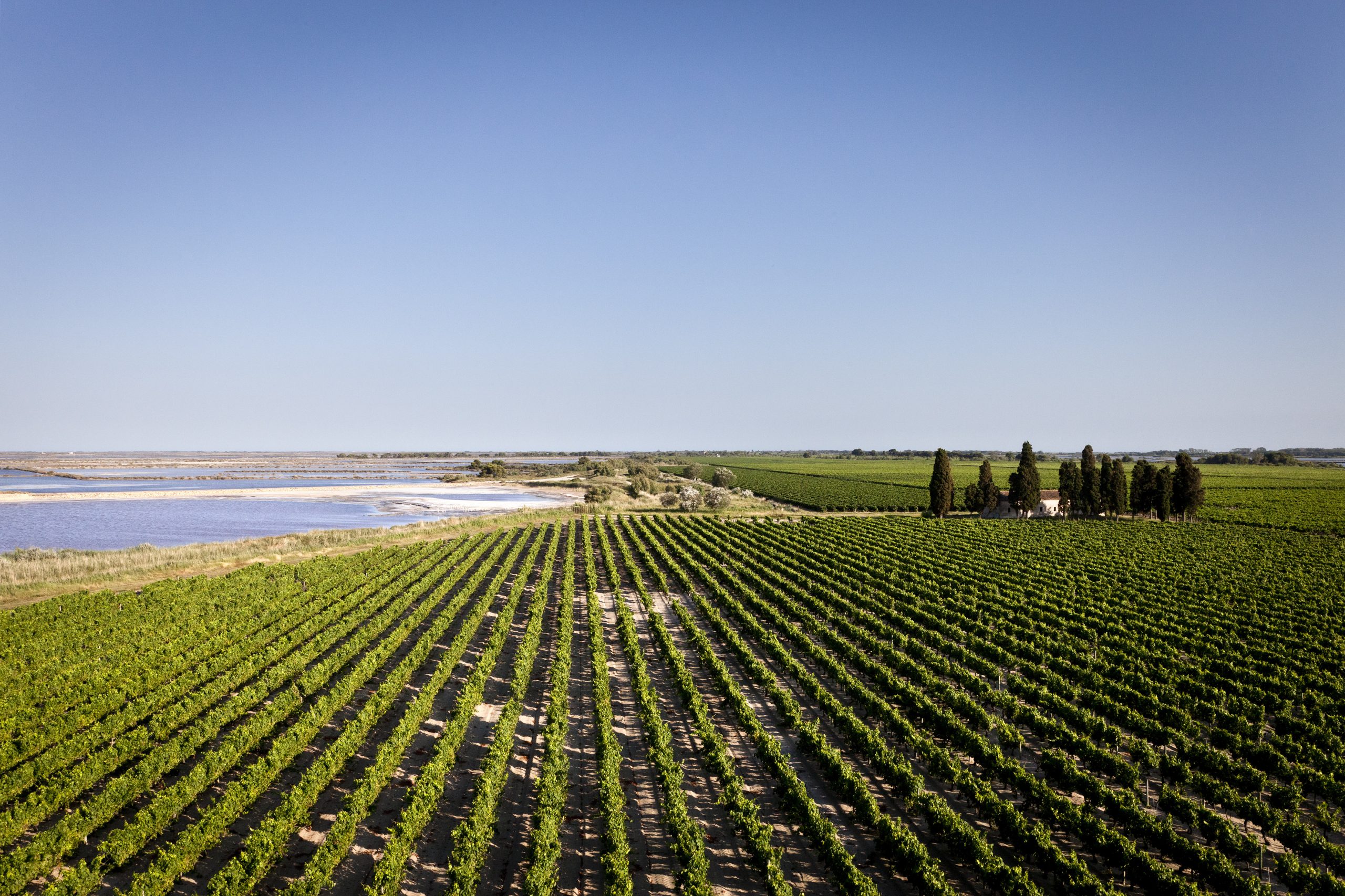Will there be a direct UK wine-train to Bordeaux by 2026?
As the UK sees yet another round of train strikes, there may be good news for train-travelling wine lovers, as HS1 – which operates the UK leg of the Channel Tunnel railway line – is planning to open a new route from London straight to the vineyards of Bordeaux.

According to a report in The Sunday Times, the chief exec of HSI Dyan Crowther, is hoping to open a series of new routes from 2026 in a bid to offer travellers a lower carbon emission alternatives to short haul flights and boost the line’s capacity.
Eurostar calculated that its passengers’ carbon footprint amounts to just 8% of the equivalent short-haul flight – with one flight roughly equivalent to 13 journeys on its service – so this would make a considerable difference in terms of emissions.
There is already an existing high speed line from Paris to Bordeaux, which takes just over two hours, however currently, train passengers from London have to cross Paris from the Eurostar terminal at the Gare du Nord to the TGV terminal at Paris Montparnasse.
According to HSI, the direct service from London to Bordeaux would take approximately five hours (the maximum that passengers are apparently prepared to travel, according to Eurostar data).
Speaking to The Drinks Business today, a spokesperson for HSI said there was a strong market and “clear demand for travel between the UK and Bordeaux”.
“We believe a direct high-speed rail route would facilitate this demand and help the market to grow further,” they told db, although at this stage of planning, they weren’t able to give specific figures, which would depend on the final details of the direct route and how many trains operated on it.
They said that the team had been looking at setting up the new Bordeaux route for a while. This work has included modelling out a station plan, and building a joint-costing model with the relevant operator.
“We’re continuing to develop those plans,” they said, adding that “although a 2026 delivery timeline was “tight”, it “wouldn’t be impossible.”
In terms of pricing, they said it was too earlier to say, noting that it could include a package deal, however that would be down to the operator who delivers it,
Partner Content
“Other new international routes such as London-Amsterdam have demonstrated the potential for new rail offerings to create highly attractive pricing for a much greener offer,” they pointed out.
Complicated process
HSI boss Crowther told The Sunday Times it was a painstaking process to create new destinations, far more so than creating new air routes, as you have to look at the whole system, “and it’s a complicated system,” she said.
She also noted that the French authorities were “very protective” of the Eurostar, and “very good at being blockers”.
There have also been complications due to Brexit as the new border controls following the UK’s departure from the EU have increased journey times and cut the peak capacity at St Pancras International by 30%.
This is expected to be further complicated this summer by the introduction of the EU’s automated, biometric entry-exit system for travellers from third countries crossing in or out of the EU. The new system replaces the need to stamp passports with bio-metrics, however it does mean it will take around a minute and a half longer for each passenger to go through border checks (and there are between 750-900 seats on each Eurostar). There is currently not enough space at St Pancras to build sufficient kiosks, Crowther told The Sunday Times, arguing that the terminal had not been built “for a post-Brexit world”.
Wider expansion
The new wine train is part of a wider move to make the train line more attractive to European train operators such as Eurostar, France’s SNCF and Spain’s Renfe, and boost capacity on the line, The Sunday Times reported.
Currently, the line is currently being used at only 50% capacity, with only five European destinations being offered from London, including Paris, Amsterdam, Brussels, Lille and Rotterdam.
The link to Bordeaux is only one of several being contemplated. Others include Geneva – to take advantage of the ski traffic – Frankfurt and Cologne, with Marseille and Toulouse being considered for a later roll out by 2030. Milan is another potential destination, but that will only be possible once the high-speed railway link between Lyon and Turin, including a 35m tunnel under the Alps, has been completed.
HS1 comprises a consortium of investors who were granted a 30-year concession in 2010 by the Department for Transport to operate the high-speed line until 2040.
Related news
The highlights of the hors Bordeaux 2026 Spring collection
Raise a glass to Cabernet excellence: enter The Global Cabernet Sauvignon Masters 2026
‘We are here for the long run’: Pompeii plants vines once more




